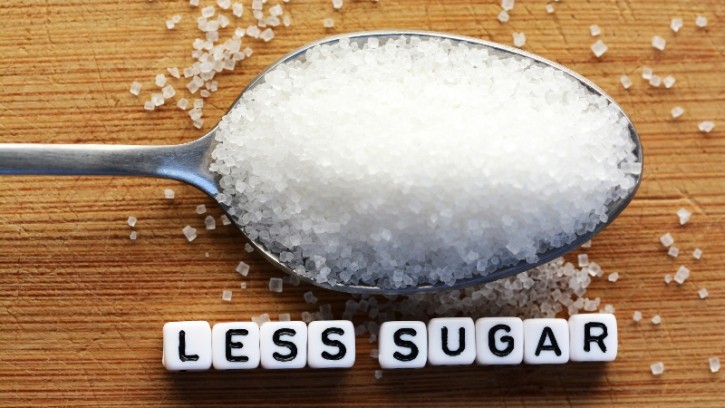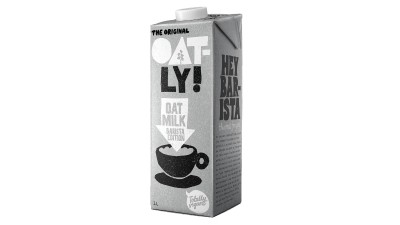Driving transformation: PepsiCo expands healthy portfolio, ramps up innovations to meet global nutrition needs

With products sold under multiple brands in over 200 countries around the world, PepsiCo raked in approximately $91bn new revenue in 2023.
According to the company, consumer demands for healthier products, clean labels, recognisable ingredients, and convenient products with positive nutrition are driving its portfolio transformation.
To purposefully improve the nutritional profile of its products, PepsiCo has established an end-to-end strategy named PepsiCo Positive (pep+) to develop a more sustainable, regenerative, and inclusive food system.
“The strategy comprises three key pillars, one of which is ‘positive choices’. This includes expanding our portfolio to offer consumers more and better product choices that are good for both people and the planet,” said Liu Feng, R&D Senior Director, Life Sciences at PepsiCo Asia Research & Development Center, during his presentation at Growth Asia Summit 2024.
The company has laid down ambitious goals to reduce sodium, saturated fat and added sugars in its products by 2025.
For instance, the goal is for at least 75% of its convenient foods portfolio volume to not exceed 1.3mg sodium per kcal and 1.1g saturated fat per 100kcal, and at least 67% of its beverages portfolio to have less than 100kcal added sugars per 355ml serving.
To achieve these targets, the firm has developed a set of science-based nutrition guidelines called the PepsiCo Nutrition Criteria (PNC) to assist its product developers in reformulation and innovation.
The PNC is based on food and nutrient recommendations from international bodies like WHO and FAO, as well as dietary guidelines by local authorities in different countries.
PepsiCo’s portfolio is divided into 20 categories, with a unique set of multi-level product formulation criteria (Platinum, Gold, Silver, Bronze) for each category.
The criteria include maximum levels of saturated fat, trans fat, sodium and added sugars; minimum levels of food groups; and minimum levels of “shortfall nutrients”, such as iron, fibre, and vitamins and/or minerals like calcium that are commonly under-consumed in a population.
Specifically for beverages, the products are categorised into soft drinks, teas and coffees, water and sparkling waters, grain and dairy beverages, and fruit and vegetable juices.
Some recent examples of launches showcasing the result of PNC include a new version of Gatorade with less than 5g sugar content, and a new Mirinda flavour that contains 100 calories per 5 ounces.
Additionally, a product that met Platinum criteria is Naked’s “Half Naked” range, which claims to be made of 100% juice blend with no added sugars. The beverage is said to use ingredients that are naturally lower in sugar content, such as watermelon juice and coconut water.
“Our criteria are setting strict nutrition credentials for new innovation. And through a step-by-step approach to reformulation, we enable delivery of more nutrient-dense, healthier products.
“Based on latest data announced last month, we are now at 62% for our reduced-sugar beverages target and we still have 5% to go [to achieve our goal by 2025]. Nevertheless, this is a 6% increase compared to 2022, which means there are more and more zero-sugar or low-sugar product launches, or products that have been reformulated to match our PNC criteria.”
Filling nutrient gaps
The pep+ strategy also consists of employing more diverse ingredients that offer nutritional benefits to consumers without negatively impacting the environment.
“We have consistently provided products that incorporate various food groups and that can meet nutrient gaps around the world. This includes increasing the use of legumes, whole grains, plant-based proteins, fruits and vegetables, and nuts and seeds,” Liu shared.
In 2022, the diverse ingredients delivered through PepsiCo’s global convenient foods portfolio amounted to 73bn portions annually.
The company’s goal is to double the figure to 145bn portions by 2030.
“We have been conducting studies in each region to make sure that the ingredients we promote are science-based. We also communicate with consumers via various channels to raise awareness of the benefits of diverse ingredients [in our products]. Our progress is reported every year, which can be found on PepsiCo’s website.”








